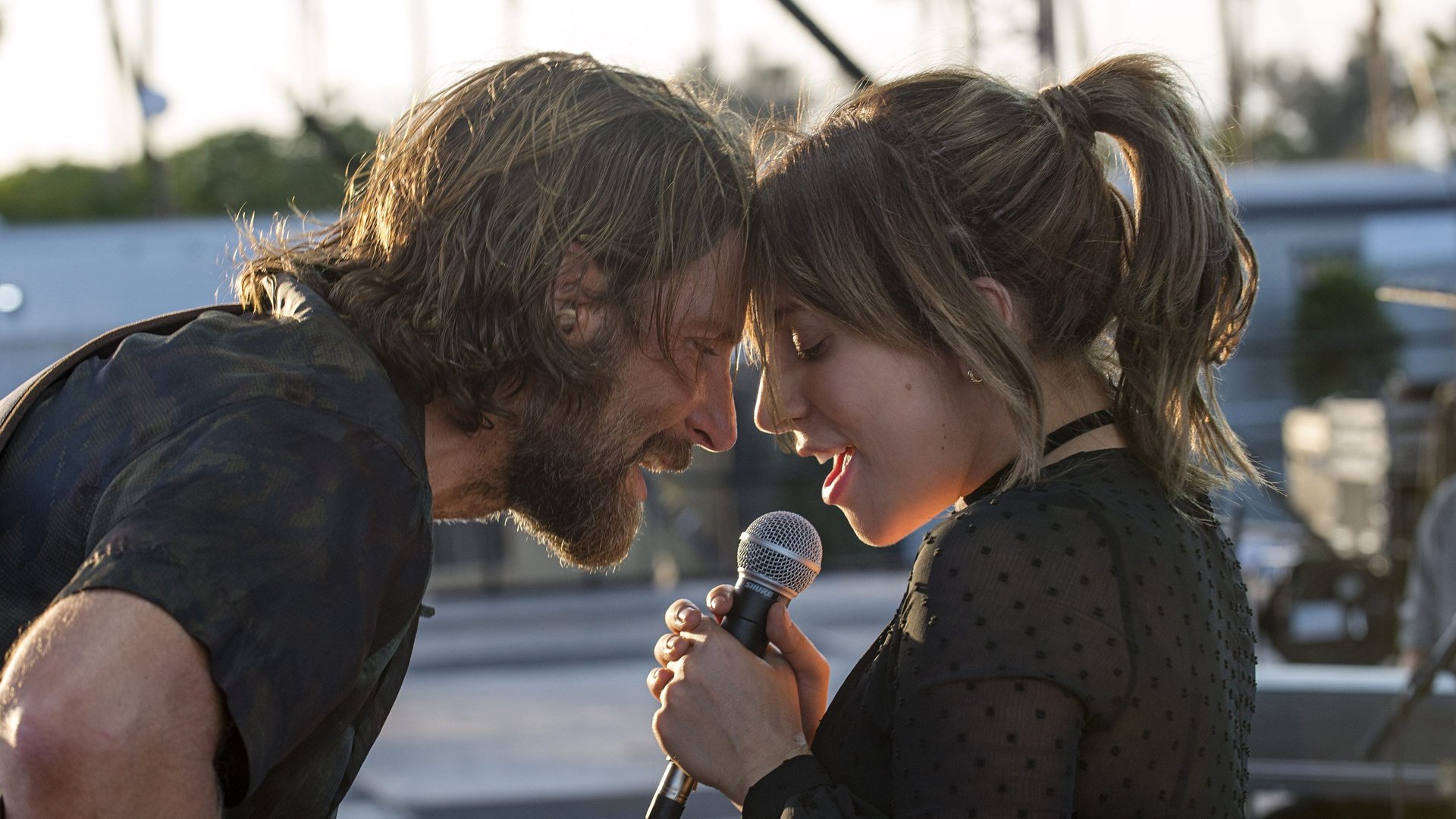Three A-list actors have really promising directorial debuts this awards season
If you hear Bradley Cooper, Jonah Hill, or Paul Dano’s names called in the upcoming film awards season, it may not be for acting. That’s because all three A-list actors are making their directorial debuts this fall, and each of their films are traversing the festival circuit in hopes of mining interest before the Oscars early next year.


If you hear Bradley Cooper, Jonah Hill, or Paul Dano’s names called in the upcoming film awards season, it may not be for acting. That’s because all three A-list actors are making their directorial debuts this fall, and each of their films are traversing the festival circuit in hopes of mining interest before the Oscars early next year.
Cooper’s film, A Star Is Born, is by far the most formidable awards contender of the lot. A remake of the 1937 film of the same name, it stars Cooper as an alcoholic musician who discovers, and falls in love with, a struggling young singer played by none other than pop star Lady Gaga, who co-wrote the film’s original music with Cooper and a team of songwriters that includes Mark Ronson.
A (wonderful) trailer for A Star Is Born dropped in June, while the film itself will debut on Friday (Aug. 31) at the prestigious Venice Film Festival before hitting the Toronto International Film Festival (TIFF) in early September. The buzz surrounding this film, and Cooper’s first attempt as a director, is deafening. A Star Is Born reaches public cinemas Oct. 5. According to awards predictor Gold Derby, Cooper’s current odds to receive an Oscar nomination for directing are a sixth-best 14-to-1—a figure that could increase if its Venice and Toronto debuts go as well as expected.
And then there’s Jonah Hill’s Mid90s, a film with decidedly less fanfare than Cooper’s potential mega hit but one that could still make some noise this awards season. Mid90s seems like exactly the kind of quiet-but-powerful, nostalgia-inducing indie feature that the actor-turned-director Greta Gerwig had so much awards success with last year with her directorial debut, Lady Bird. Like Gerwig’s film, Mid90s will be released by A24, the distributor that also released 2017 best picture winner Moonlight. Adding to its prestige ahead of Toronto next week, Mid90s has enlisted the Oscar-winning power music duo Trent Reznor and Atticus Ross to score the the film. It’ll be released in theaters Oct. 19.
Dano’s first film as a director, Wildlife, will have to navigate a crowded field to earn its accolades, but based on its glowing reviews out of the Sundance Film Festival in January, it has a shot to do just that. The film stars acting giants Carey Mulligan and Jake Gyllenhaal as the two halves of a marriage that falls apart in 1960 Montana. Reviews out of Sundance praised the performances, as well as Dano’s direction; Variety called the 34-year-old There Will Be Blood actor a “natural-born filmmaker.” Wildlife screened at the Cannes Film Festival in May and will play in Toronto next week and then at the New York Film Festival later on in September. It comes out Oct. 19.
The trio of actors-turned-directors follows a quartet from 2017: Greta Gerwig (Lady Bird), Jordan Peele (Get Out), Andy Serkis (Breathe), and Brie Larson (Unicorn Store). Gerwig and Peele were so successful that they’ll likely now be thought of as filmmakers first, performers second.
Actors giving directing a go is nothing new, of course: 2015 saw the first attempts of Joel Edgerton and Don Cheadle; 2014 marked Ryan Gosling and Chris Evans’s directorial debuts; and in 2013, action star Keanu Reeves made the jump. Some of the best films of all time were directed by actors in their directorial debuts—The Night of the Hunter, for instance, was the first (and only!) film Charles Laughton ever directed. The path from acting to success as a director is increasingly well-trodden: Just ask George Clooney, Ben Affleck, Ron Howard, Mel Gibson, and Clint Eastwood.
It’s worth noting that most of these actors-turned-directors, with the exception of Gerwig, Peele, and a few others (Angelina Jolie comes to mind) are white men. It cannot be overstated how much easier this jump is for prominent male actors—specifically white ones—than they are for women and people of color. It’s a lot easier to get your passion project Hollywood funding if your name is George Clooney than it is if it’s Natalie Portman—even if you’re a star of equal talent and distinction.